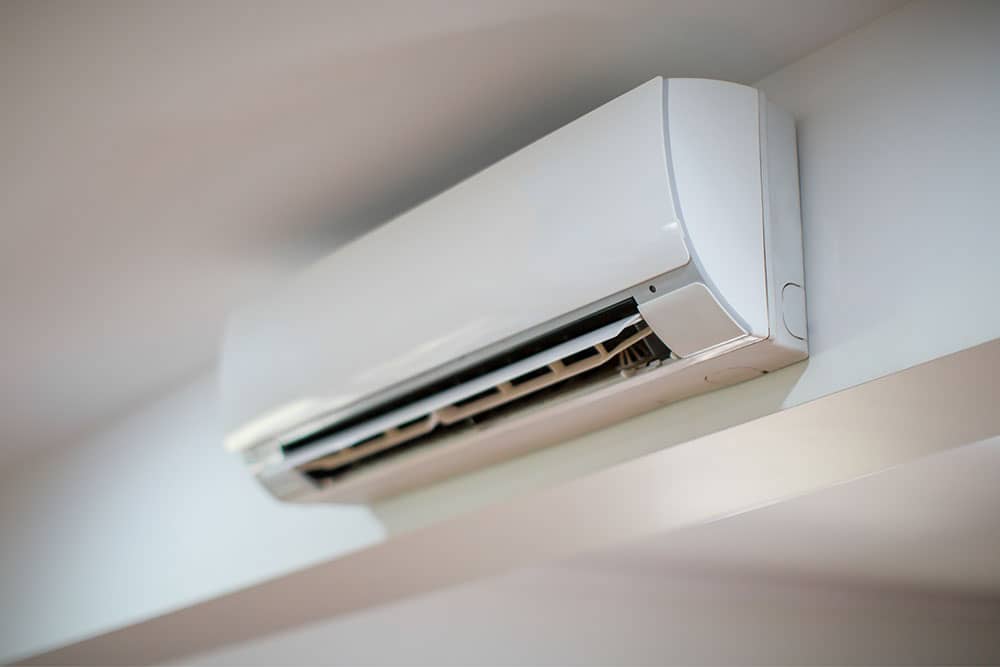Benefits and Drawbacks of Non-Inverter Air Conditioners

Non-inverter air conditioners, while lacking some of the advanced features of inverter models, still offer certain benefits and drawbacks. Here are the key advantages and disadvantages of non-inverter air conditioners:
Benefits of Non-Inverter Air Conditioners:
Lower Initial Cost: Non-inverter air conditioners typically have a lower upfront cost compared to inverter models. This can make them a more budget-friendly option for consumers with limited funds or those looking for a more economical cooling solution.
Simplicity: Non-inverter air conditioners are simpler in design and operation compared to inverter models. They have fewer components and are generally easier to install, maintain, and service, which can lead to lower maintenance costs over time.
Reliability: Non-inverter air conditioners are known for their reliability and durability. The fixed-speed compressor operates at a constant speed and does not undergo frequent starts and stops, reducing wear and tear on the system and potentially extending its lifespan.
Widespread Availability: Non-inverter air conditioners are widely available and come in a variety of models, sizes, and configurations to suit different cooling needs and budgets. They are commonly found in residential, commercial, and industrial applications worldwide.
Compatibility: Non-inverter air conditioners are often compatible with existing HVAC systems and infrastructure, making them a convenient choice for retrofitting or replacing older units. They can be installed in a wide range of settings without the need for extensive modifications.
Drawbacks of Non-Inverter Air Conditioners:
Lower Energy Efficiency: Non-inverter air conditioners are less energy-efficient than inverter models. The fixed-speed compressor operates at full capacity or completely off, resulting in higher energy consumption, especially during frequent starts and stops.
Slower Cooling/Heating: Non-inverter air conditioners may take longer to reach the desired temperature compared to inverter models. The fixed-speed compressor cannot adjust its speed to match the cooling or heating requirements, leading to slower response times and potentially less immediate comfort.
Temperature Fluctuations: Non-inverter air conditioners may experience temperature fluctuations during operation. The fixed-speed compressor cycles on and off to maintain the desired temperature, which can result in less precise temperature control and less consistent indoor climate.
Higher Operating Costs: Due to their lower energy efficiency, non-inverter air conditioners can lead to higher operating costs over time. The increased energy consumption may result in higher electricity bills, especially in regions with hot climates or long cooling seasons.
Environmental Impact: Non-inverter air conditioners have a higher environmental impact compared to inverter models due to their lower energy efficiency and higher energy consumption. They contribute to higher greenhouse gas emissions and may have a greater carbon footprint over their lifespan.
Overall, while non-inverter air conditioners offer lower initial costs and simplicity in operation, they may come with drawbacks such as lower energy efficiency, slower cooling/heating, and less precise temperature control. Consumers should carefully weigh these factors and consider their cooling needs, budget, and preferences when choosing between non-inverter and inverter air conditioning systems.
Thank you,